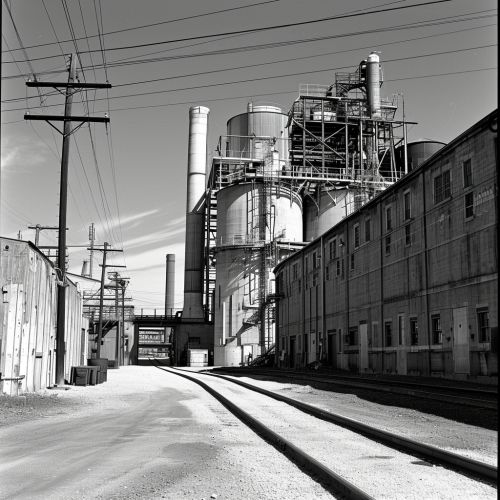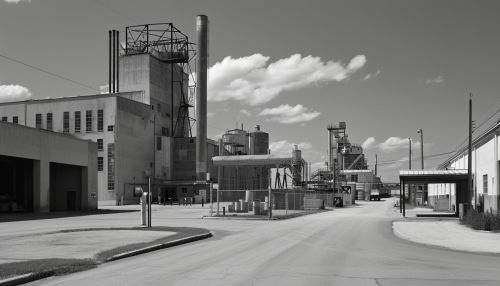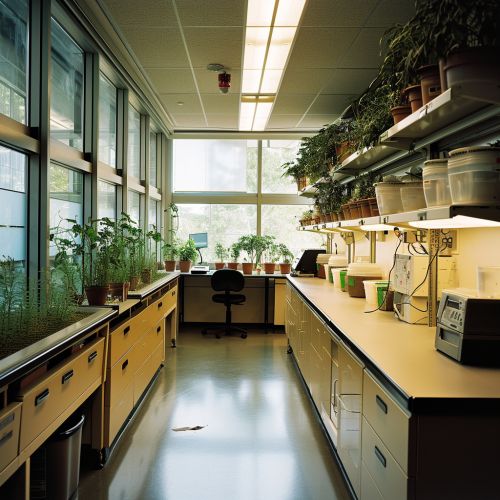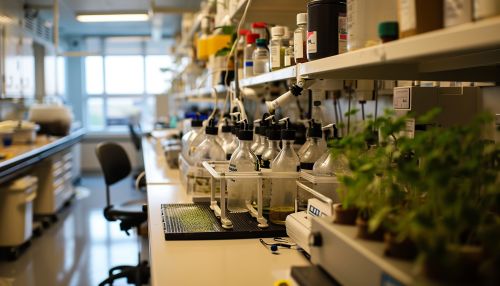Monsanto
History
The company was founded in 1901 by John Francis Queeny, a member of the Knights of Malta, a thirty-year pharmaceutical veteran married to Olga Mendez Monsanto, for which the company was named. Monsanto's first product was the artificial sweetener Saccharin, which it sold to the Coca-Cola Company. It also introduced Caffeine and Vanillin to Coca-Cola, making the drink extremely popular.


Expansion and Diversification
In the 1920s, Monsanto expanded into basic industrial chemicals like Sulfuric Acid and the first petrochemicals, such as synthetic rubber. It became a leading manufacturer of plastics, including Polystyrene, and synthetic fibers. Notable achievements during this time included breakthrough research on catalytic asymmetric hydrogenation and being the first company to mass-produce light emitting diodes (LEDs). The company also formerly manufactured controversial products such as the insecticide DDT, PCBs, Agent Orange, and recombinant bovine growth hormone (rBGH).
Agricultural Products
Monsanto's involvement in agricultural products began in the 1940s, with the manufacture of the herbicide 2,4-D. In the 1960s and 1970s, Monsanto was a major producer of Agent Orange for United States Armed Forces operations in Vietnam and Southeast Asia during the Vietnam War. In the 1980s, Monsanto was one of the first companies to apply the biotechnology industry business model, which includes developing products by genetic manipulation. This business model made it possible for Monsanto to patent genes, breeding techniques, and seed varieties.
Genetically Modified Organisms
In the 1990s, Monsanto spent $8 billion buying seed companies and other agricultural businesses to bolster its biotechnology business. In this decade, Monsanto's biotechnology research expanded to include genetically modified crops and genetically modified food. Monsanto introduced Roundup Ready Soybeans that are resistant to its herbicide, Roundup. Monsanto is also the leading producer of genetically engineered (GE) seed; it sells 90% of the U.S.'s GE seeds.


Controversies and Legal Issues
Monsanto has been involved in several high-profile lawsuits, as both plaintiff and defendant. It has been defendant in a number of lawsuits over health and environmental issues related to its products. Monsanto has also made frequent use of the courts to defend its patents, particularly in the area of agricultural biotechnology, an area in which the company is a dominant force.
Acquisition by Bayer
In 2016, Monsanto agreed to be acquired by Bayer, a German multinational pharmaceutical and life sciences company, in a deal valued at $66 billion. After two years of scrutiny by regulators, the deal was approved in 2018, and Monsanto became a division of Bayer.
